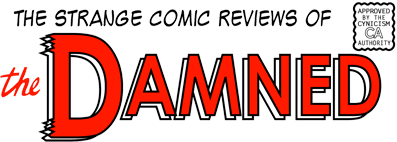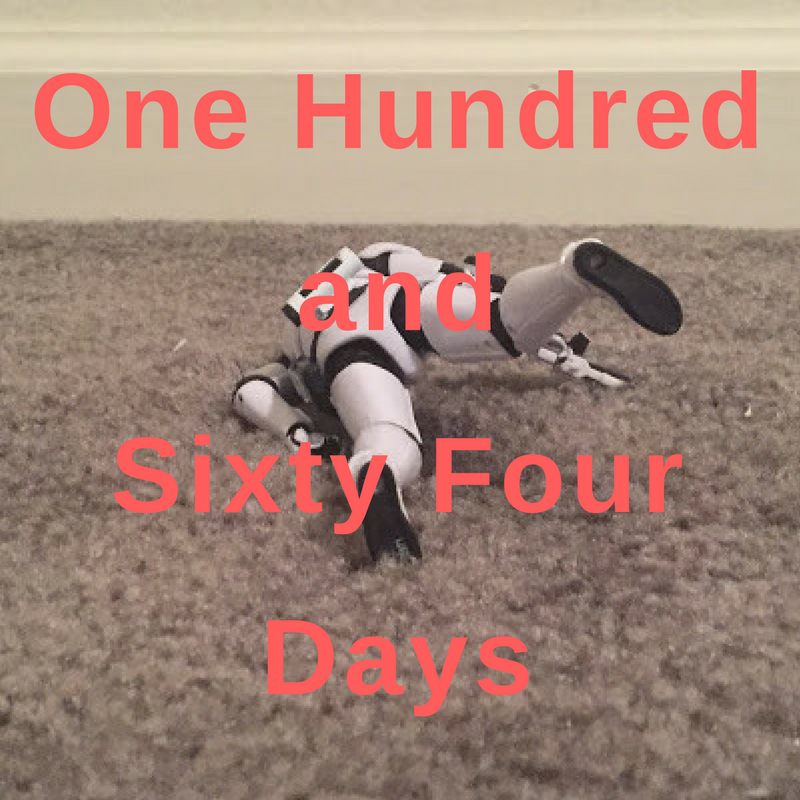

Are We Feeling Safe?
I only wish there were a thousand cartoonists like Keith Knight . . .
There aren't many political cartoonists of any persuasion who can afford to be as tirelessly provocative. Knight seems to have found some modicum of success while remaining independent for just that reason - he is independent. If you go to his website and look, his strips are being syndicated in a remarkably low number of venues. I am certain that each paper or website represents something of a personal commitment on the author's part.

It took a while but Aaron McGruder finally figured out that there were more effective venues for harsh political commentary than the comics page. I don't blame him at all for leaving newspapers: there was always going to be resistance to an "Angry Black" voice in Everytown, USA; without even so much as the friendly, deceptively rounded exterior of the very caucasian Doonesbury to hide behind, Huey Freeman was always going to be a hard sell*. It's difficult not to see Knight, and like-minded fellow-travellers like Ted Rall and Ruben Bolling, as slightly Quixotic figures, fighting hard to get a liberal perspective heard in mainstream outlets. It's not so much that conservatives have a lock on the cartooning arts (they obviously don't), but the centrist perspective is so hardwired into all but the most adventurous editors and news institutions that anyone tilting even slighty to the left of, say, Shylock Fox, faces an uphill battle from the start.
All of this would be besides the point if the strip weren't funny, but thankfully it is. Humor depends to a large part on shock, the sudden, bracing confrontation with the unexpected that elicits laughter. Knight's best panels are can be pretty bracing: like the best political cartoonists, he doesn't seem very willing to give the world a break. Injustice and stupidity are all around us, and it takes a keen eye to not only pinpoint said injustice and stupidity in the cosmic world of politics and society, but to trace it back to its roots in the behavior of everyday people. Like McGruder, Knight's harshest invective is reserved for the short-sided and harmful behavior inside the black community, the kind of behavior that chronically hinders attempts at serious political discourse on matters of race on anything but the most piecemeal basis.

Sure, white people can be stupid and racist, but black people are stupid and racist too; the army may use predatory recruitment tactics in the face of increasing attrition, but every soldier in the Armed Forces faces needless death on a daily basis; and everyone can agree that George Bush is a moron. The reason Knight is so effective is that, unlike a good many political cartoonists (Gerry Trudeau included), you really get the idea that Knight is as mad at himself as anyone else. You get the feeling, reading a large sequence of these panels in one sitting, that Knight is fully aware of the fact that folly and tragedy are human conditions, not merely black or white or male or female, and that subjects such as racism and poverty and AIDS and war impact every single one of us. He's not excluding himself from any measure of blame. That's the message - and you can forgive Knight for the occasional didactic turn - let's every one of us get the fuck off our asses and stop being so stupid. An admirable sentiment for one and all; it would be even better if you didn't get the sinking sensation that with such a circumscribed audience he's preaching to the choir.

If I have one criticism, it's that Knight is a strong cartoonist who appears to be purposefully hobbling himself. It looks as if he draws with a Sharpie marker and ballpoint pen - it does the job, but limits his vocabulary. I can see what he's going for, but I can't help thinking that he wouldn't become a vastly more interesting cartoonist - as opposed to polemisict - if he started working with a brush. All you need to do is look at James Kochalka's early work compared to his current work. In the beginning Kochalka was famously anti-craft, and his early strips reflected this primitivist ethos. Once he started using the brush, however, he gained a much firmer control over his work - he didn't become a different artist, he merely became a more focused and elegant artist. Elegance isn't really Knight's bag, but I'd still like to see what he could do if he gave himself the opportunity.
*Not so on late-night cable. It took a few episodes to hit its stride, but the Boondocks cartoon is already a far superior vehicle for McGruder's political commentary than the strip ever was or ever could be. In a perfect world the "Return of the King" episode would win an Emmy.





No comments :
Post a Comment